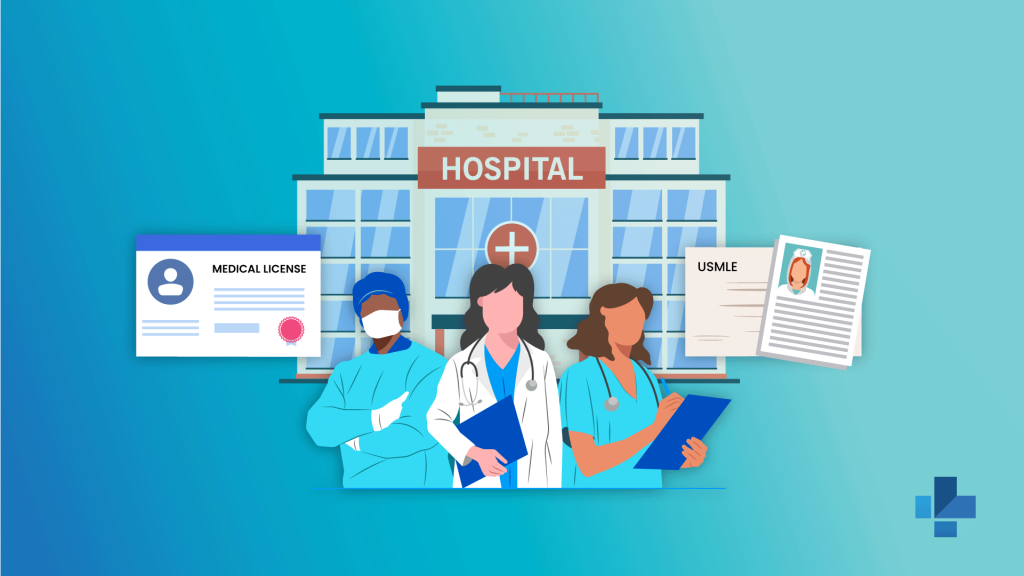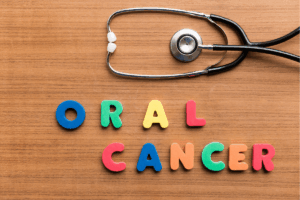
Medical licensing is an essential step that confirms a doctor’s capacity to treat patients, and it’s not just a formality. To start residency or fellowship training, medical trainees must obtain the necessary licenses. A seamless transition into graduate medical education (GME) and the avoidance of expensive delays can be achieved by having a thorough understanding of how medical licensing impacts application procedures.
What Is Medical Licensing and Why Does It Matter for Trainees?
State medical boards issue medical licenses, formal authorizations attesting to a doctor’s compliance with the requirements for safe medical practice. In addition to being a legal necessity, licensing residents and fellows guarantees that institutions can confidently onboard you into patient care roles and validate your clinical training.
Depending on their training stage, licensing ensures that residents and fellows are recognized as qualified to perform clinical duties, either independently or under supervision.
Learn about 7 Types of Medical Licenses
Licensing Timeline: When to Start the Process for Residency and Fellowship
The best way to prevent licensing process bottlenecks is to start early. Here’s a methodical process to guarantee prompt approval:
- Application Preparation: Compile identification documents, test results, transcripts, and diplomas in advance.
- Submission: Fill out your state medical license applications as soon as you can.
- Exam Scheduling: In accordance with program requirements, take the necessary licensing exams (USMLE Step 3 or equivalent).
Missed deadlines or delays can affect credentialing, jeopardize your residency or fellowship start dates, and even result in lost opportunities.
Common Challenges in Medical Licensing and How Professional Services Can Help
State Requirements and Primary Source Verification
Licensing requirements vary by state, from documentation specifics to verification procedures. One critical step in the process is primary source verification, in which institutions verify your credentials directly with the issuing authority. This is vital during GME to ensure compliance and prevent future licensing complications.
How Licensing Affects the Residency and Fellowship Application Journey
The licensing status of a trainee can have a big influence on:
- Eligibility: Before starting clinical responsibilities, some programs may require an active license.
- Credentialing: As part of the onboarding process, hospitals check your license.
- Onboarding: Postponements may cause start dates to change or have an impact on rotation scheduling.
Depending on the degree of responsibility and patient care expectations, residency and fellowship programs may have different licensing requirements. A seamless and uninterrupted GME journey is ensured by prompt license approval.
Common Challenges in Medical Licensing and How Professional Services Can Help
Common Challenges and How to Avoid Costly Mistakes
Errors in medical licensing often involve incomplete paperwork, missing exam results, or complications with multi-state applications. By understanding these common pitfalls, you can avoid delays and costly mistakes.
Professional services provide guidance, ensuring all documentation is complete, accurate, and submitted on time, helping you focus on your clinical and academic preparation.
Why Using a Medical Licensing Service Can Save Time, Money, and Stress
How Licensing Services Support Applicants and Program Directors
Professional licensing services offer several advantages.
- Processing expedited: Applications with a tight deadline receive approvals more quickly.
- Professional advice: Steer clear of mistakes and misunderstandings when working on multi-step procedures.
- Reduced risk: Make it less likely that delays will impact fellowship or residency.
To navigate the intricate licensing requirements, program directors and applicants alike can benefit from speaking with specialists or using services like medtigo.
Licensing Consultation and Support
Conclusion and Key Takeaways
Careful preparation and timely submission of licensing documents directly influence residency and fellowship success. Planning, understanding state requirements, and leveraging professional support can help streamline your GME journey.
Action Step: Explore Medtigo’s resources or reach out for guidance to ensure your medical license approval and start your residency or fellowship without unnecessary delays.
Contact medtigo for Licensing Support
FAQs
- Can I start my residency or fellowship without an active medical license?
In most cases, an active license is required to perform clinical duties, though some programs allow provisional or restricted activity under supervision.
- How do licensing requirements differ between residency and fellowship applications?
Fellowship licenses may require additional documentation or verification depending on the specialty and state regulations.
- What are the consequences of delays in medical license approval for residency or fellowship?
Delays can impact start dates, credentialing, and even result in lost positions or rotations.
- How can international medical graduates (IMGs) navigate the licensing process differently?
IMGs often need additional verification of their foreign credentials and may require exams such as the USMLE or ECFMG certification.
- Can licensing issues affect future board certification eligibility during residency or fellowship?
Yes, incomplete or delayed licenses can complicate credentialing, which is often a prerequisite for board exams and certification.















